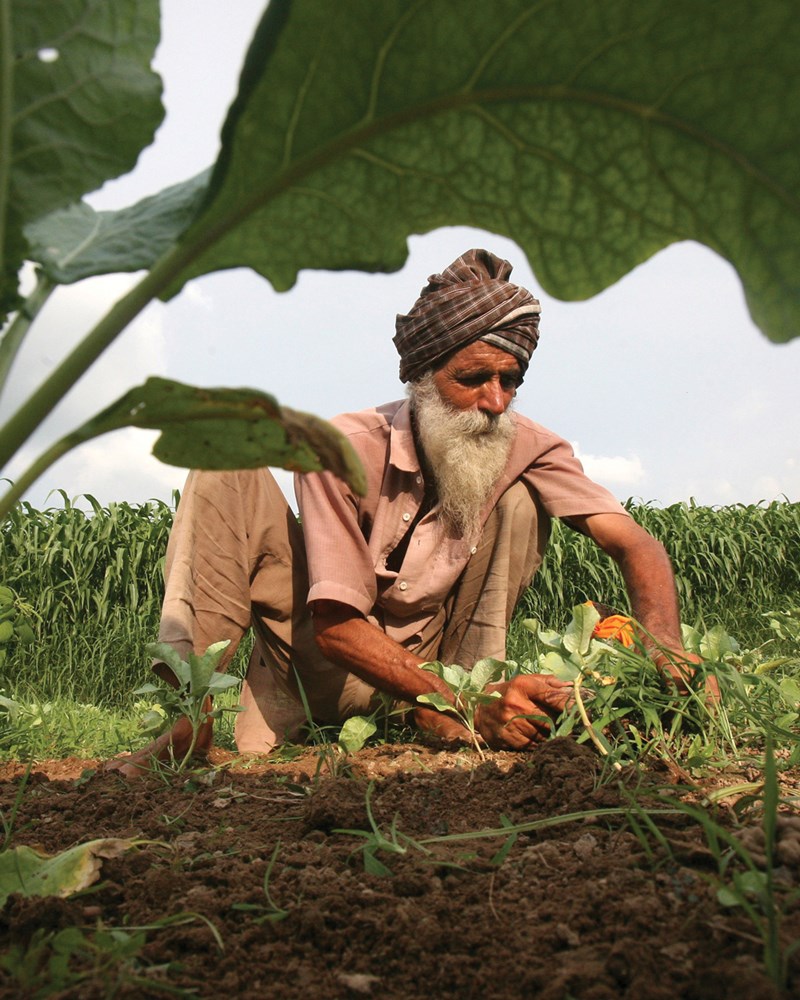Kabul is a conservative city. Home to some 5 million people, Afghanistan’s capital is estimated to be the world’s fifth-fastest growing city, but retains many of the social and economic fissures created when the Taliban regime held power. The sight of a gaggle of young boys crowding the street alongside headscarf-clad young girls then, is still unusual. Rarer still, is that they’re skateboarding.
Skateistan began life in 2007 in an abandoned, dish-shaped fountain in Kabul, with just three skateboards and a handful of fascinated children. The project was the brainchild of Oliver Percovich, a new arrival to the country, who saw urban sport as an innovative way to reach young Afghans and slice through barriers of gender, class and ethnicity.
“It really struck me that half of the population was under 16, and that this was an opportunity to work with young kids over the long-term. I was convinced that they could change the country,” says Australia-born Percovich.
“Skateboarding was so new to Afghanistan that there were no cultural barriers to it, particularly for girls. It was a sort of loophole.”
From offering small, free classes in public spaces, Skateistan launched the country’s first skate park in 2009, built on land donated by the Afghan National Olympic Committee. The park and accompanying school cost $350,000, funded largely through donations from foreign embassies, while big skateboarding brands contributed kit.
“The most important thing was to build trust and social capital with the local community,” says Percovich. “If it made sense to the local families, then that was what would make the financial capital work.”












